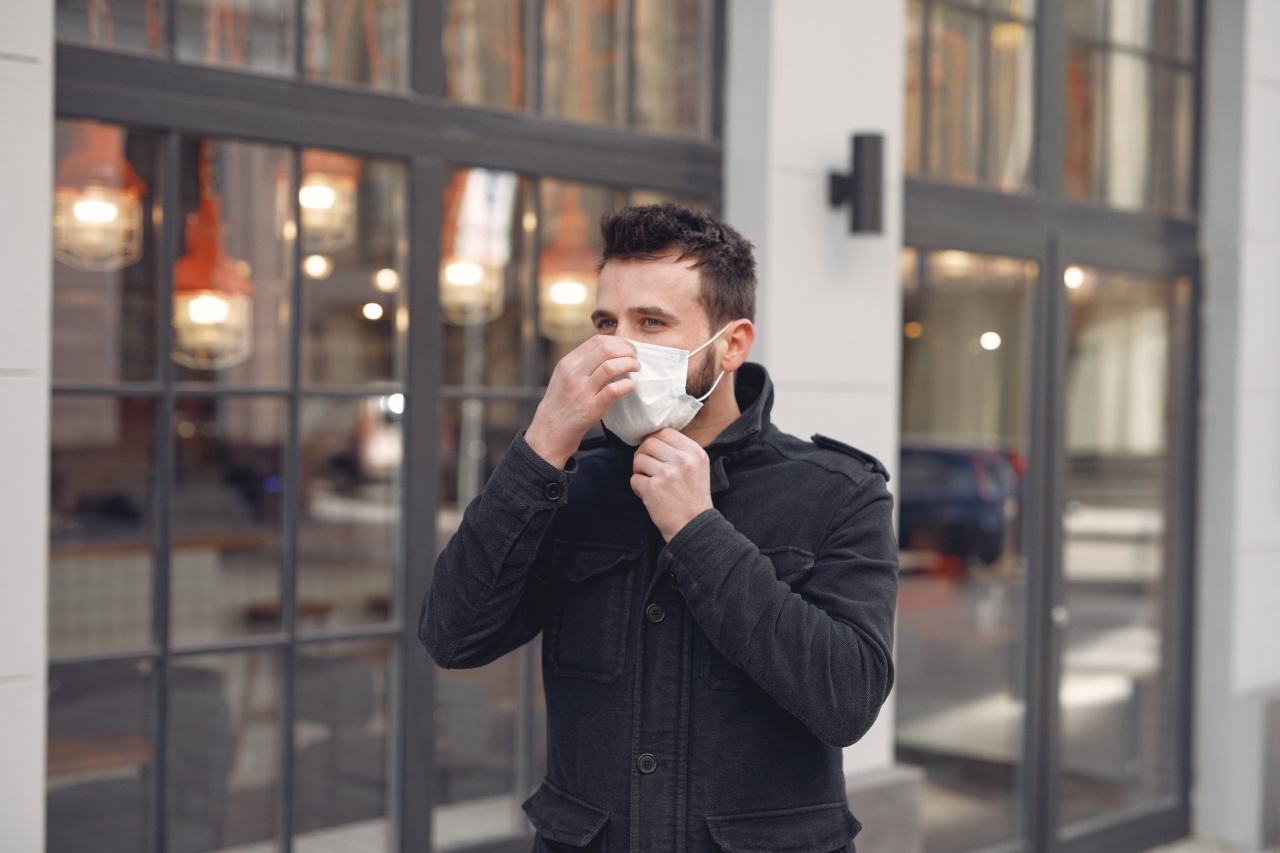Spring has sprung, and with it, comes allergy season. For many people, the arrival of spring means sneezing, sniffles, and itchy eyes. Unfortunately, allergies can put a damper on enjoying the beautiful weather and blooming flowers.
However, there are many things you can do to protect yourself from allergy symptoms. Here are some tips to get you started.
1. Know Your Allergies
The first step in protecting yourself from allergy symptoms is to figure out what you’re allergic to. Common springtime allergies include pollen from trees, grass, and weeds, as well as mold and dust.
Once you know what you’re allergic to, you can take steps to avoid exposure.
2. Check Pollen Counts
One way to stay ahead of allergy symptoms is by checking the pollen counts. You can usually find this information on local news or weather websites.
If the pollen count is high, you may want to stay indoors as much as possible or limit your outdoor activities.
3. Keep Your Windows Closed
Although it may be tempting to open your windows to let in fresh air, this can also let in pollen and other allergens. Keep your windows closed to prevent these allergens from entering your home.
4. Use an Air Purifier
An air purifier can help remove allergens from the air inside your home. Look for a purifier with a high-efficiency particulate air (HEPA) filter, which can remove tiny particles like pollen, dust, and pet dander.
5. Clean Frequently
Regular cleaning can help remove allergens from your home. Vacuum carpets and furniture regularly, dust surfaces, and wash bedding and curtains frequently.
6. Wear a Mask
When you’re outside during high pollen counts, wearing a mask can help prevent allergens from entering your nose and mouth. Look for a mask that is designed to filter out pollen and other allergens.
7. Limit Outdoor Activities
If pollen counts are high or you’re experiencing allergy symptoms, it’s best to limit your time outdoors. Consider moving your exercise routine indoors or rescheduling outdoor activities for a later time.
8. Take Medications
If you’re experiencing allergy symptoms, over-the-counter allergy medications can help relieve your symptoms. Antihistamines can help reduce sneezing and itching, while decongestants can help relieve congestion.
However, it’s important to talk to your doctor before taking any new medications.
9. Try Natural Remedies
Some people find relief from allergy symptoms through natural remedies. For example, drinking herbal tea with honey can help soothe a sore throat, while using a neti pot can help rinse away pollen and other allergens from your nasal passages.
However, it’s important to talk to your doctor before trying any new remedies.
10. See an Allergist
If your allergy symptoms are severe or interfering with your quality of life, it may be time to see an allergist.
An allergist can perform tests to determine what you’re allergic to and recommend treatments to reduce your symptoms, such as allergy shots.
By following these tips, you can protect yourself from allergy symptoms and enjoy all that spring has to offer.






























